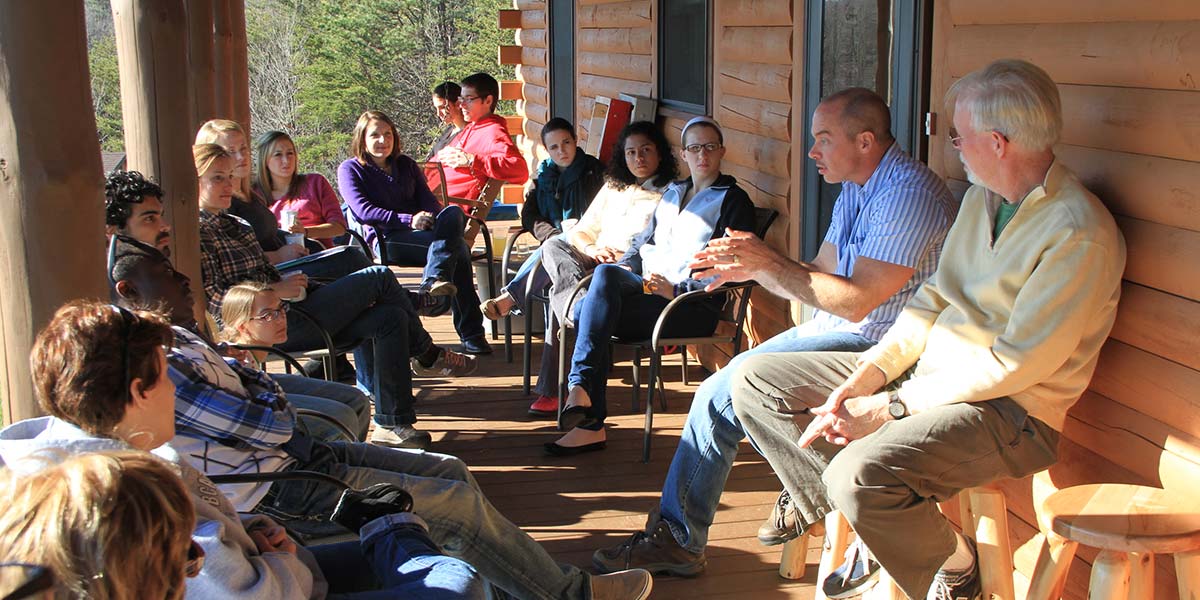Rural Life & Practice Facts & Myths Rural Rotations Residency & Map
Real Stories Financial Resources (RHI Hub)Rookie Rural Doc
Sort the facts from the myths around rural training and practice
The Fiction?
Outdated equipment. Isolation. No support. Lack of variety in clinical cases. Reduced scope. Poor quality training. Lack of faculty expertise. All reasons to not train rural, right? Not exactly.
The Facts?
Rural training offers some of the most exciting residency opportunities to be had in American medicine. Rural programs provide unparalleled continuity of relationships with peers, faculty, patients and the greater community, providing important perspectives in your professional development. Rural training is challenging, but it provides opportunities you won’t see in other places.
A variety pack?
Rural practices see a wide variety of cases often surpassing urban ones. In fact, since there are usually fewer specialists around, you’ll end up diagnosing and treating rather than referring. You’ll work on cases your urban colleagues wouldn’t be able to touch. Rare things commonly happen in rural practice, because there are so many rare things. Even if you do refer cases beyond the capabilities of your rural physician community, you get to see these cases first.
Cooperation, not competition?
You don’t have to compete with other learners for diagnostic and treatment opportunities; there are plenty to go around. Physicians who have gone through rural training have compared it to an apprenticeship, where faculty members treat you like a colleague, and together you learn diagnostic and procedural advances.
Get to know me!
Not only will you get to know your colleagues better, you also get to know your patients better. Rural communities are smaller, with more of an emphasis on the personal touch. You’ll get to see firsthand how family and community interrelationships can have an impact on health and health care, adding a new perspective to your training and professional development.
Flexibility
You may end up putting in a longer workweek at times, but the nature of caseloads in rural areas may make being on-call less time-consuming. You may also find that rural training doesn’t put as much bureaucracy in your path.
Stretch your talent?
Rural training lets you expand your skills in ways you may not have expected, whether in dealing with obstetrics, geriatrics or another specialty you would like to try. In rural residency, it’s easier for you to try areas you’re interested in, but may not be easily available in an urban setting.
Excellence and Expertise
Many rural faculty are at the top of their clinical game out of necessity, having spent their practice lives also working at and expanding the margins of their competence. They’re always learning, always improving, always adding to their clinical repertoire.
Living on a budget
Rural areas, in general, tend to have a lower cost of living, especially for housing. At the same time, compensation is most often equivalent to what residents in urban areas are receiving, which allows for building up a savings account or getting a head start on loan payments.

